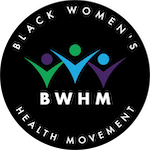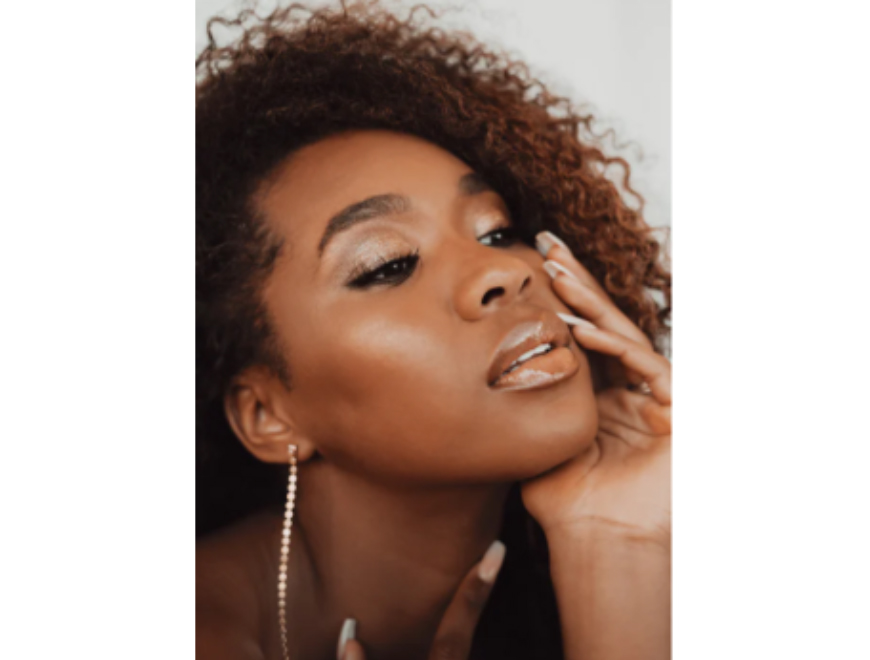Know the Difference: Are You Anxious or Do You Have an Anxiety Disorder?
During these unprecedented times, feeling anxious is the new normal. Anxiety is a natural response to stress. However, when our anxiety becomes uncontrollable or excessive and affects our quality of life, the behavior may indicate an anxiety disorder.
If you’re experiencing anxiety, take time to understand the difference between conditional anxiety and an anxiety disorder. Your understanding will help you identify the need to talk with your doctor. It will highlight specifics to share if you choose to seek medical attention about your concerns.
Typical anxiety is a normal response to stress that usually goes away when the stressor passes or is resolved. When removing the stressor or trigger doesn’t reduce anxiety, the resulting behavior may significantly impede the quality of your life. If that’s happening to you, it’s time to evaluate whether you may be suffering from an anxiety disorder.
According to Healthline, anxiety disorders aren’t a typical reaction to stress. They are excessive and persistent worries that don’t go away, even when there’s nothing to be stressed or nervous about. Someone with an anxiety disorder experiences uncertainty in ways that aren’t proportionate to the actual event. There are several different types, although a common finding across anxiety disorders is an out-of-the-ordinary and excessive anticipatory response in the face of uncertainty.
Some of the anxiety disorders diagnoses include:
- Generalized anxiety disorder (GAD)
- Panic disorder
- Specific phobias
- Social anxiety disorder
- Separation anxiety disorder
- Agoraphobia
Healthline also mentions that an anxiety disorder is often characterized by excessive and hard-to-control worry that occurs for most of the day, more days than not, and may also consist of significant physical signs of anxiety like:
- Headaches
- Fatigue
- Muscle pain
- Trouble sleeping
- Digestive problems
The good news is there are many ways to help manage anxiety, and you don’t have to deal with anxiety disorder alone. It is treatable and manageable. If your anxiety interferes with your life or affects your health, talk with your doctor or a healthcare professional for a correct diagnosis and appropriate treatment.
You may feel better much better with some of the noted treatments for an anxiety disorder:
- Psychotherapy, particularly cognitive behavioral therapy (CBT)
- Medication, like anti-anxiety medication, antidepressants or beta-blockers
- Support groups
- Stress management techniques
Other complementary treatments for anxiety disorder that may be used in conjunction with medication or therapy:
- Regular exercise like tai chi or yoga
- Meditation or relaxation techniques
- Improving diet
- Massage or acupuncture
However, many people use complementary treatment to minimize normal anxieties.
For the full article, visit: healthline.com/health/anxiety/anxiety-vs-anxious#how-to-tell


